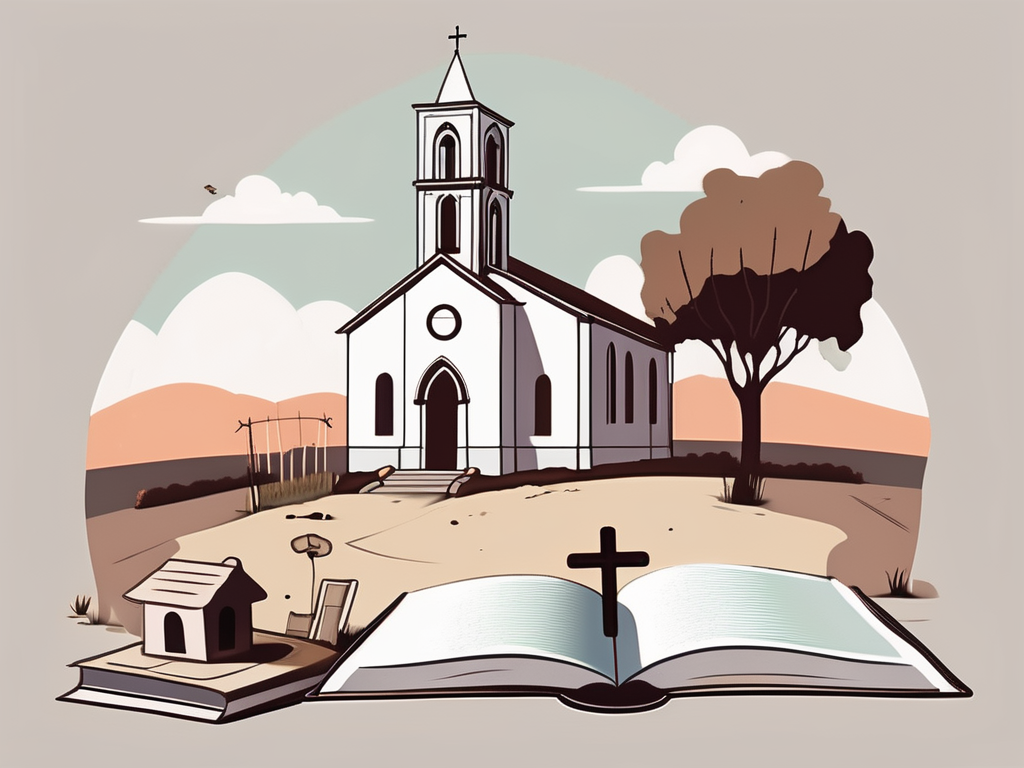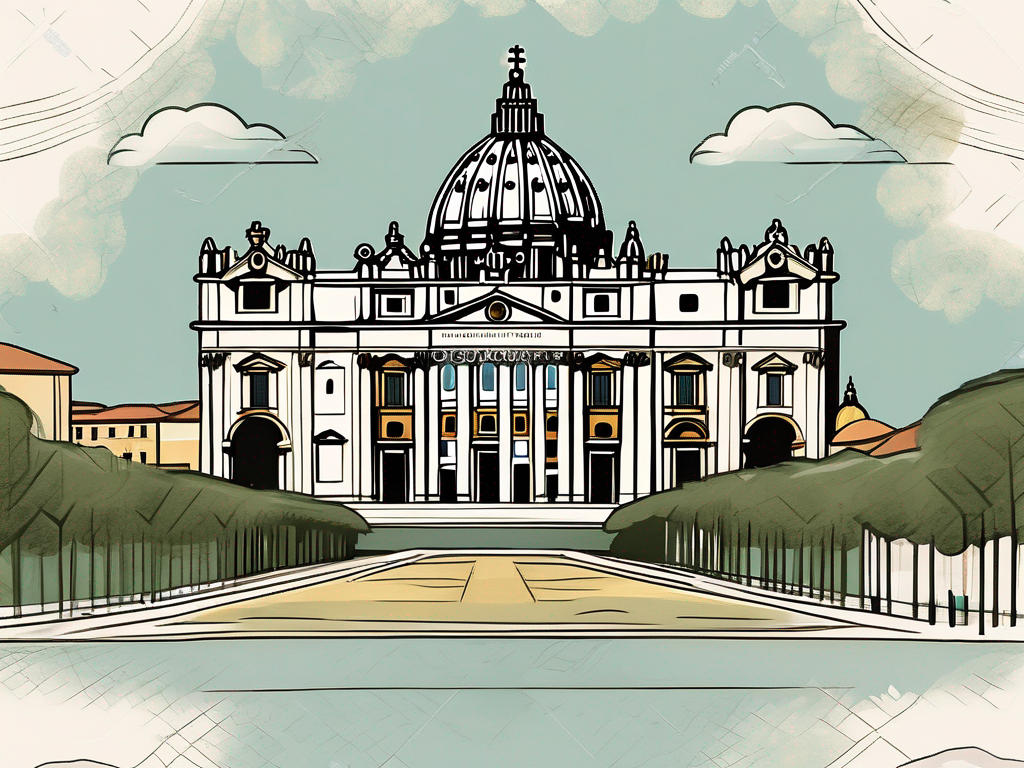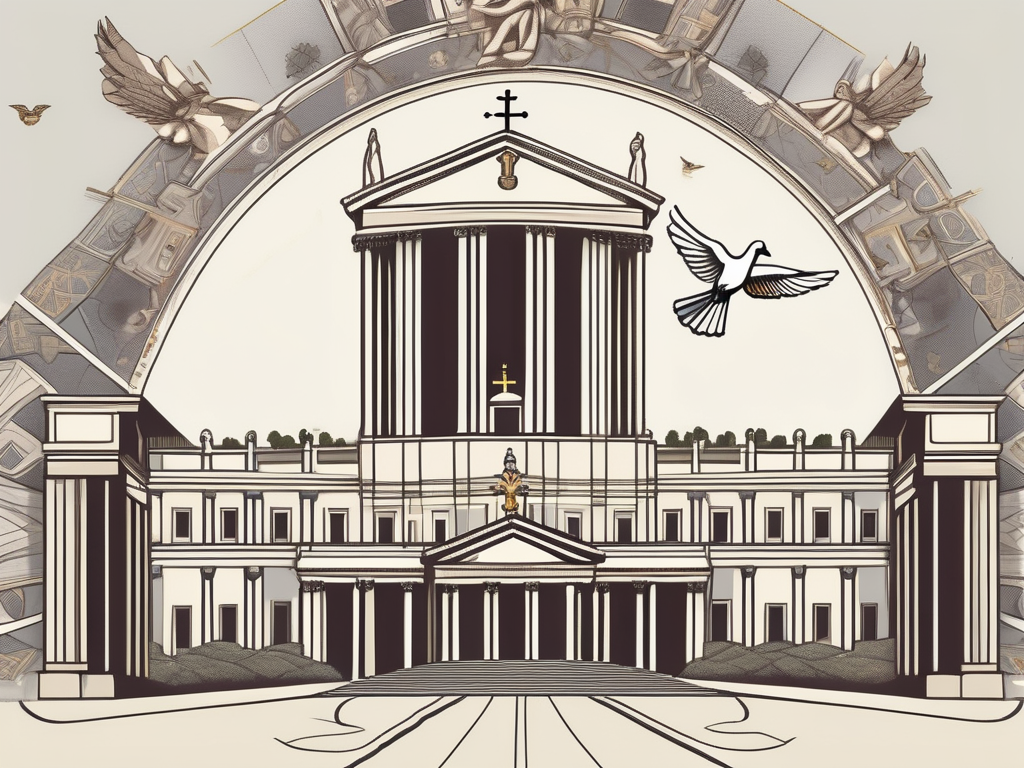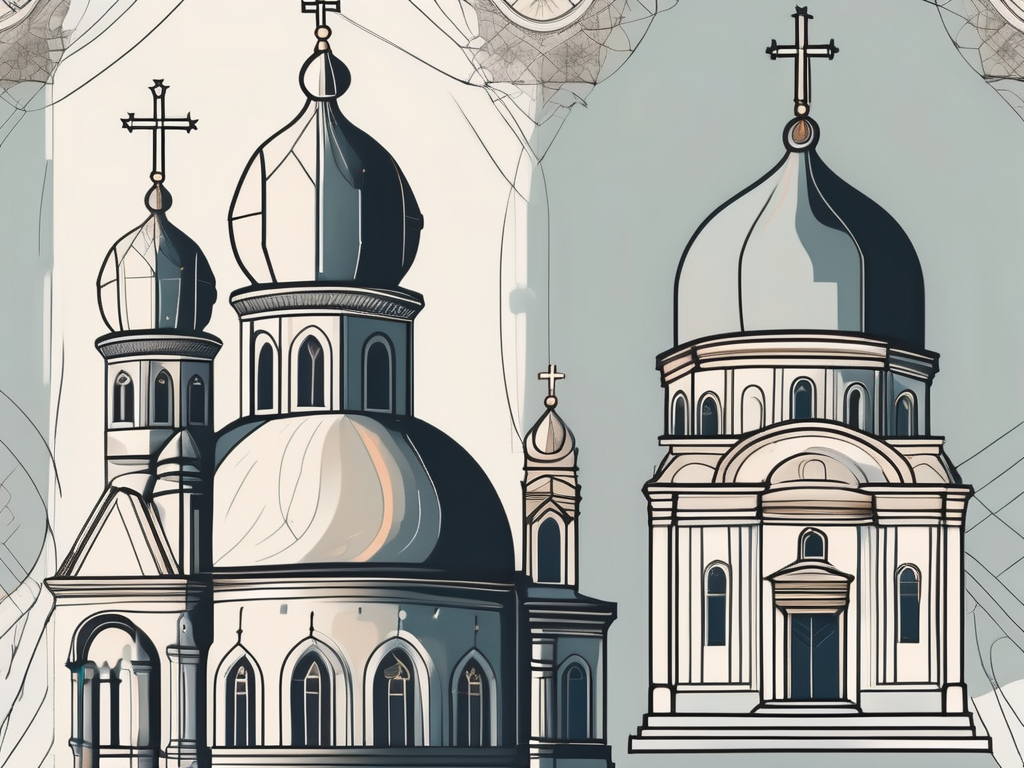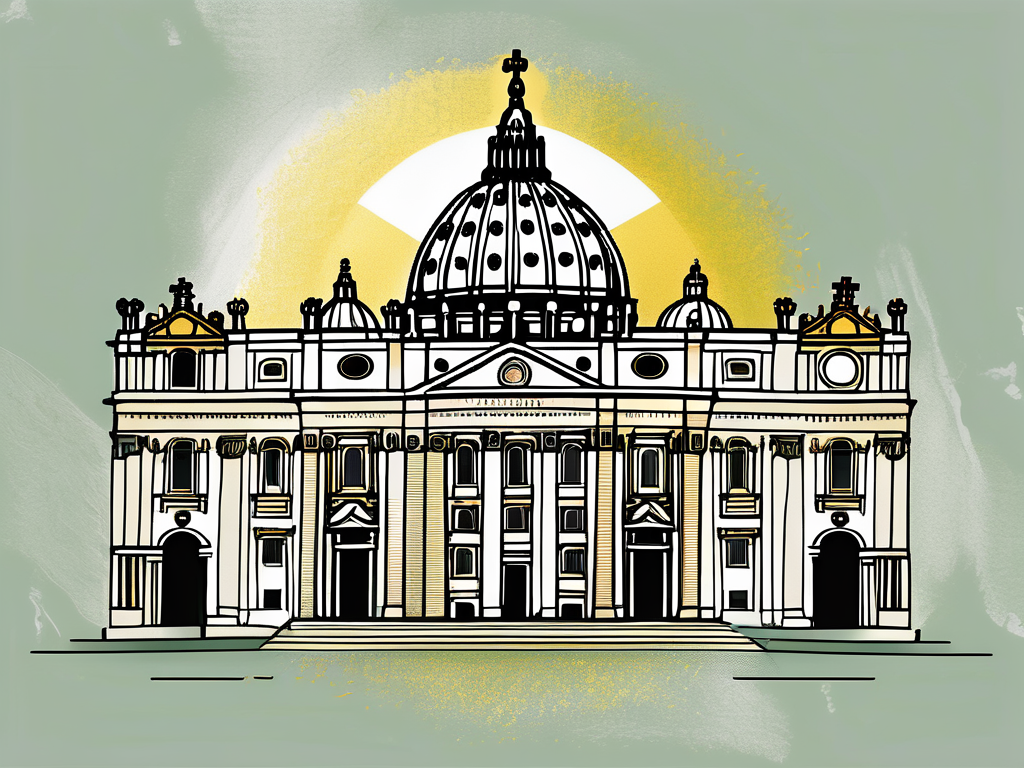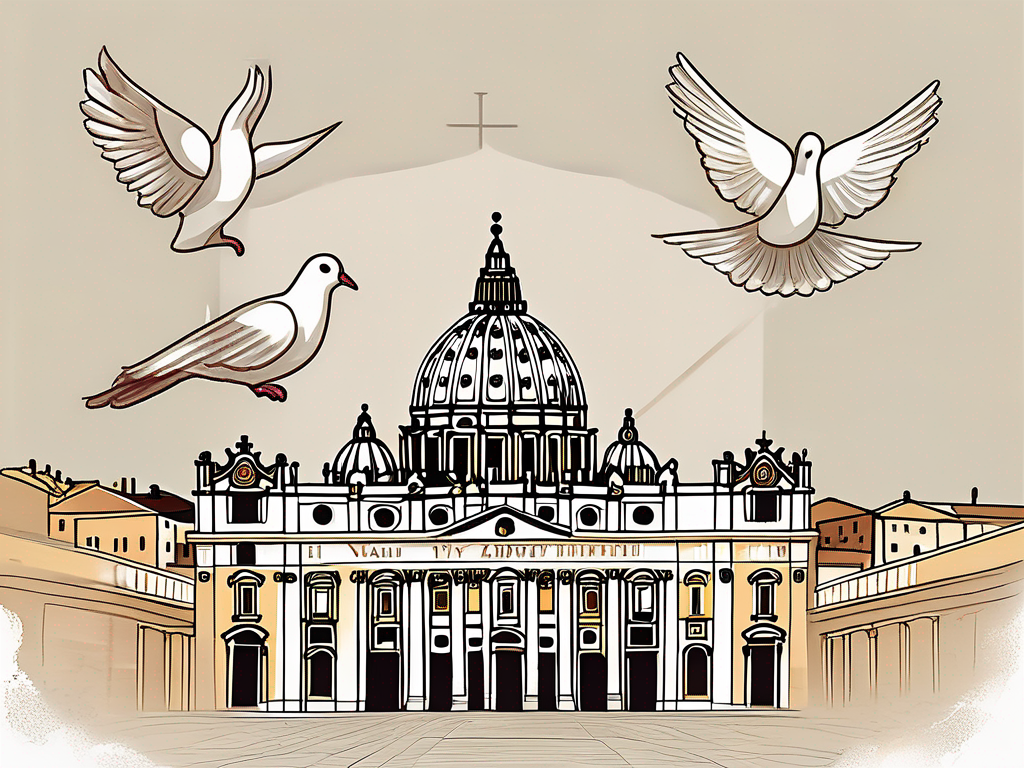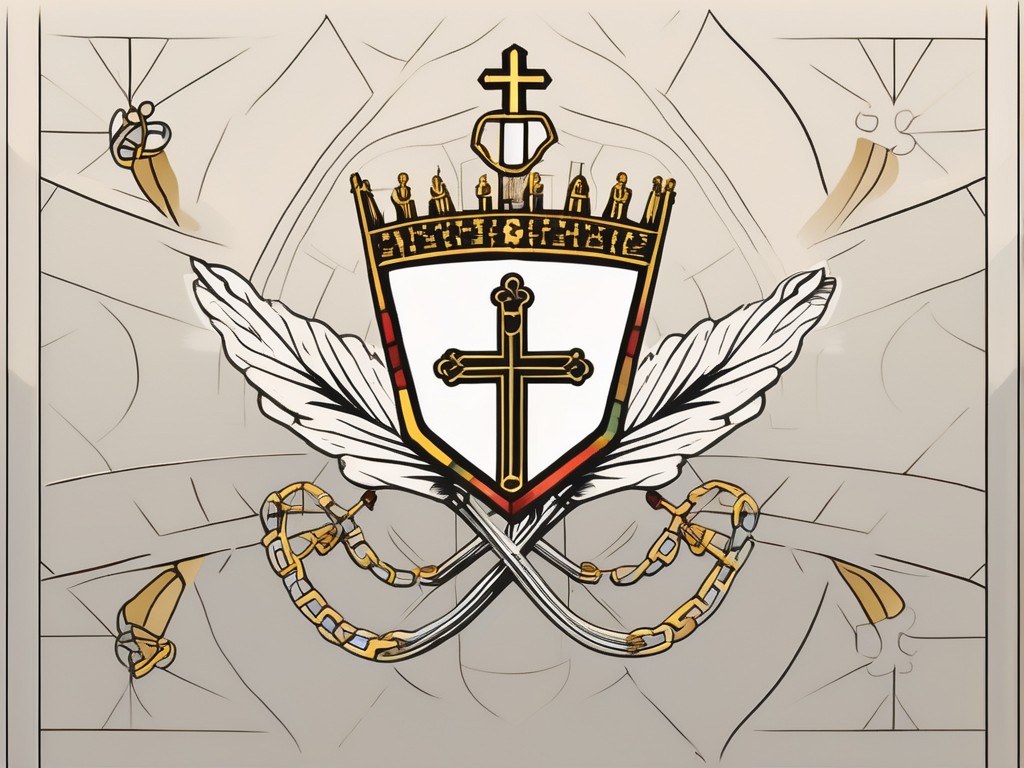Saint John Bosco, also known as Don Bosco, was a prominent figure in the Catholic Church. His life and legacy continue to inspire people around the world. Let’s take a closer look at the various aspects of his remarkable journey.
Early Life of Saint John Bosco
Saint John Bosco was born in 1815 in a small village in Italy. His birth and childhood were filled with hardships and struggles. Growing up in a poor family, he experienced poverty firsthand. However, this tough upbringing shaped his character and instilled in him a deep sense of compassion and empathy.
Despite the challenges he faced, John Bosco’s parents played a significant role in his upbringing. They taught him the importance of faith and hard work, instilling in him values that would guide him throughout his life. Their unwavering support had a profound impact on him and laid the foundation for his future endeavors.
Education played a vital role in John Bosco’s life. During his early years, he faced incredible challenges while pursuing his studies. The lack of resources and opportunities made it difficult for him to receive a formal education. However, his determination and resilience allowed him to overcome these obstacles.
Driven by his thirst for knowledge, John Bosco sought out alternative ways to educate himself. He would spend countless hours in the local library, devouring books on various subjects. His insatiable curiosity led him to explore a wide range of topics, from science and mathematics to philosophy and theology.
As he delved deeper into his studies, John Bosco realized the transformative power of education. He saw how knowledge could empower individuals and uplift communities. This realization fueled his desire to make education accessible to all, especially those who were marginalized and disadvantaged.
With this vision in mind, John Bosco embarked on a mission to provide education to the underprivileged youth. He established schools and vocational training centers, where young people could learn valuable skills and receive a quality education. Through his tireless efforts, he created an environment that nurtured not only the intellect but also the character and spiritual growth of his students.
John Bosco’s dedication to the education and well-being of young people earned him the title of “Father and Teacher of Youth.” His innovative teaching methods, which emphasized kindness, love, and understanding, revolutionized the field of education. He believed in the power of preventive education, focusing on the holistic development of the individual rather than merely imparting knowledge.
Throughout his life, John Bosco faced numerous challenges and obstacles. However, his unwavering faith and commitment to his mission propelled him forward. He believed that every young person had the potential to achieve greatness, and he dedicated his life to unlocking that potential.
Today, the legacy of Saint John Bosco lives on through the countless educational institutions and organizations that continue to follow his principles. His teachings and philosophy continue to inspire educators and students alike, reminding us of the transformative power of education and the importance of compassion and empathy in shaping young minds.
The Priesthood Journey of Saint John Bosco
After years of rigorous study and spiritual formation, John Bosco was ordained as a priest in 1841. His ordination marked the beginning of a remarkable journey of service and dedication.
As a priest, John Bosco was deeply committed to the well-being of young people. He had a vision of creating a safe and nurturing environment where children and teenagers could flourish. With this vision in mind, he established the Salesian order.
Ordination and Early Priesthood
During the early years of his priesthood, John Bosco faced numerous challenges. He dedicated his time and energy to serve the youth who were often marginalized and neglected. His compassionate approach and dedication to his calling won the hearts of many.
John Bosco’s immense love for the young people inspired him to go beyond conventional methods of education. He believed in the power of kindness, empathy, and understanding. His innovative methods of teaching and mentoring became the foundation of his renowned preventive system of education.
One of the key aspects of John Bosco’s preventive system was the focus on creating a family-like atmosphere. He believed that by building strong relationships with the young people, he could guide them towards a path of success and happiness. He would often gather them for meals, engage in recreational activities, and provide a listening ear for their concerns.
Another important element of John Bosco’s approach was the emphasis on vocational training. He believed that every young person had unique talents and abilities that could be nurtured and developed. Through various workshops and apprenticeships, he provided practical skills that would enable the youth to find meaningful employment and contribute to society.
Vision and Mission
John Bosco’s vision was to create an environment where young people could develop their potential and grow in faith. He believed that by providing them with love, guidance, and education, they could become productive members of society.
Driven by this vision, John Bosco dedicated his life to helping young people in need. He worked tirelessly, often risking his own safety, to provide education, vocational training, and spiritual guidance to those who had been abandoned or forgotten.
One of the ways John Bosco fulfilled his mission was through the establishment of oratories. These were centers where young people could gather for recreation, education, and spiritual formation. The oratories became a place of refuge and hope for many, offering a sense of belonging and purpose.
John Bosco’s impact extended beyond the borders of his own country. He traveled extensively, spreading his message of love and compassion to different parts of Europe. His charismatic personality and ability to connect with people from all walks of life made him a beloved figure wherever he went.
Throughout his priesthood journey, John Bosco faced numerous obstacles and opposition. However, his unwavering faith and determination allowed him to overcome these challenges and continue his mission of serving the young. His legacy lives on through the Salesian order, which continues to carry out his vision and mission to this day.
Founding of the Salesian Order
The establishment of the Salesian order marked a significant milestone in John Bosco’s life. Inspired by his vision, he founded the order along with a group of like-minded individuals. This order aimed to continue his work and ensure its longevity.
Inspiration and Motivation
John Bosco’s inspiration came from his deep faith and unwavering commitment to serving the young. The Salesian order became the platform through which he would bring his vision to life.
The order’s core values were based on Don Bosco’s teachings, emphasizing the importance of education, kindness, and respect. It served as a beacon of hope for countless young people who needed support and guidance.
Growth and Expansion of the Order
Under John Bosco’s leadership, the Salesian order expanded rapidly. Schools and vocational training centers were established throughout Europe, providing opportunities for countless young people to transform their lives.
Driven by the enthusiasm and dedication of its members, the Salesian order grew into a worldwide organization. Today, it continues to make a significant impact, with schools, colleges, and orphanages in numerous countries.
Saint John Bosco’s Educational Philosophy
One of the most remarkable aspects of Saint John Bosco’s legacy is his revolutionary educational philosophy. He believed in a holistic approach that went beyond merely imparting knowledge. His preventive system of education sought to create an environment where young people could thrive.
Preventive System of Education
This unique approach focused on prevention rather than punishment. Instead of using fear and strict discipline, John Bosco advocated for kindness, understanding, and guidance. He believed that by creating a supportive and loving environment, young people would be motivated to pursue knowledge and personal growth.
The preventive system of education has had a profound impact on modern pedagogy. It emphasizes the importance of building relationships, providing individual attention, and addressing the emotional and spiritual needs of students.
Influence on Modern Pedagogy
Saint John Bosco’s ideas and principles continue to shape educational practices around the world. His emphasis on empathy and compassion as integral aspects of education has influenced educators and institutions globally.
Today, many schools and educational organizations model their approach after the preventive system of education pioneered by John Bosco. His legacy is a reminder that education goes beyond academics and that nurturing the hearts and minds of young people is essential.
Miracles and Canonization
Throughout his life, Saint John Bosco was believed to have performed miracles. These reported miracles serve as testaments to his unwavering faith and the impact he had on the lives of those around him.
Reported Miracles
Countless stories recount miraculous healings, interventions, and inexplicable occurrences associated with Saint John Bosco. These miracles further solidify his reputation as a true servant of God.
Path to Canonization
Recognizing his extraordinary life and the profound impact he had on society, Saint John Bosco was canonized as a saint by the Catholic Church in 1934. His canonization serves as a testament to his spiritual legacy and enduring influence.
As we reflect on the life and legacy of Saint John Bosco, we are reminded of the power of compassion, love, and education. His remarkable journey reminds us that with determination and the right values, we can make a difference in the lives of others. Inspired by his example, let us continue to strive towards creating a better world for the young and vulnerable.
